The frontline: Queer and the Media: with Ben Hunte
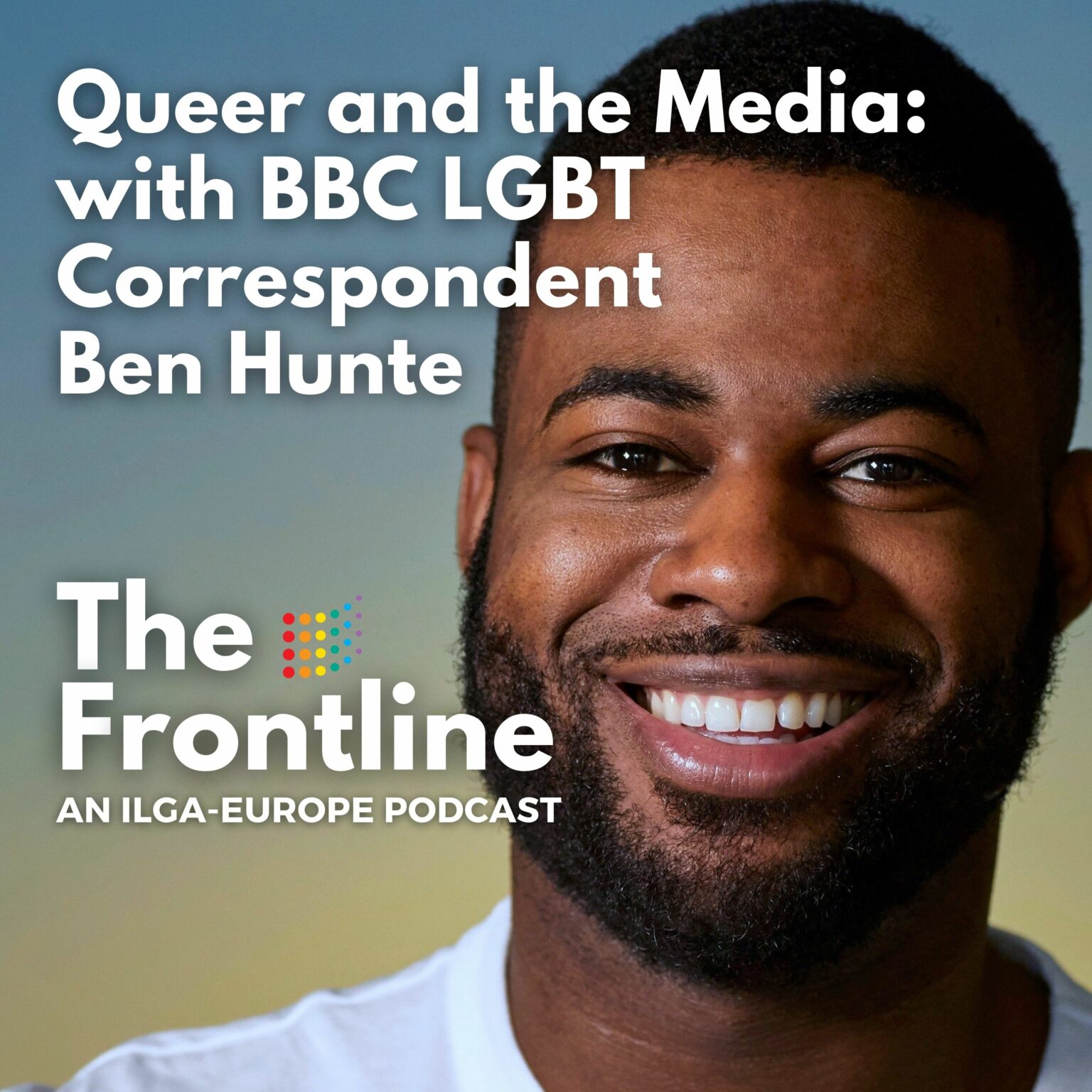
Ben Hunt’s first year on the job as BBC LGBT Correspondent* has been an unprecedented one, with the rise of anti-LGBT hatred in Europe, marked by stark developments in Poland and Hungary.
In this episode of The Frontline, Ben sits down with us to talk about the relationship between the media and LGBTI issues, why some stories get all the attention to the detriment of others, the rise of anti-trans voices in newspapers and broadcasting, and ways we might get the real diversity of LGBTI stories picked up.
Listen below or click here to listen and subscribe to The Frontline on your favourite podcast platform.
* Since the publication of this podcast, Ben Hunte has resigned from the BBC to join Vice News
Queer and the Media: Talking to BBC LGBT Correspondent, Ben Hunte
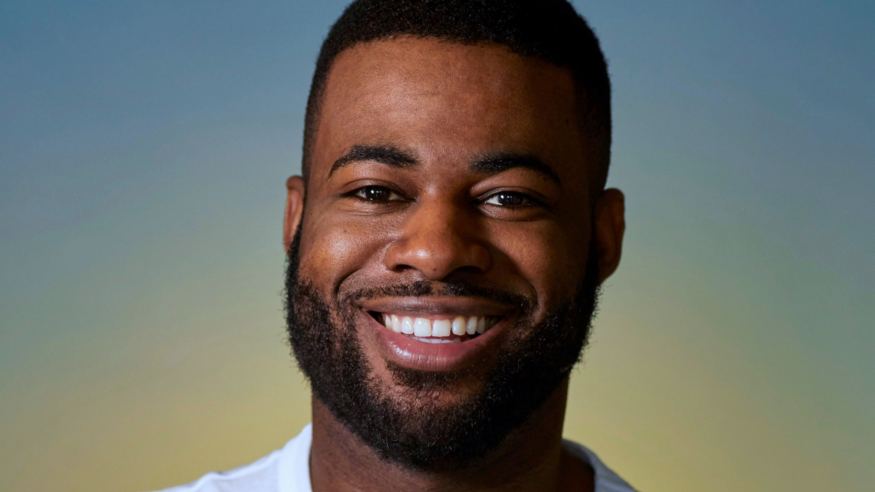
In our latest Podcast, BBC LGBT Correspondent, Ben Hunte sat down with us to talk about the relationship between the media and LGBTI issues, why some stories get all the attention to the detriment of others, the rise of anti-trans voices in newspapers and broadcasting, and ways we might get the real diversity of LGBTI stories picked up. Read more, and listen below!
Ben Hunte is having a problem with his rescue dog, Roxy. We’re sitting down to record an interview over Zoom, Ben talking from his London apartment, and there’s a slurping noise going on in the background.
“Oh, my God, my dog is licking herself!’ he laughs out loud. ‘Can we start again?’
He goes to put Roxy in another room, and when he comes back, still apologising, I ask how Roxy got her name. Ben explains that when the shelter sent through a photo, his partner Tom said, ‘She looks so foxy!’
“We both immediately went, ‘we have to call her Roxy!’ And it stuck. We’ve had her a year and a half now, and it’s literally the best thing that ever happened to me, to force me out for walks, force me into nature. She’s a real blessing.”
Ben is the first ever LGBT correspondent appointed by the BBC Newsroom, a job he’s been doing since 2019, reporting all LGBT-related stories on the six and ten o’clock news, across the broadcaster’s global website, and making one-off documentaries about among other things, the proliferation of so-called ‘LGBT-free Zones’ in Poland. His first year was a bit of a baptism of fire, with the COVID-19 pandemic particularly affecting LGBTI communities and providing fertile ground for a further rise of anti-LGBT authoritarianism in Europe.
“It’s been a rollercoaster,” he tells me. “I’ve been to some incredible highs, there’ve been quite a few lows. It’s very scary to speak to people about what they’re going through, and a lot of these issues aren’t really picked up and covered by international media. So, I do feel like it’s, it’s kind of on me to tell these stories. And as a result of that it does get quite taxing, but we are at a very weird time for LGBT rights internationally, so to be able to be in a role that does shine a light on some of that injustice, and some of the progress that’s being made as well, is just a fantastic opportunity and I’ve genuinely feel blessed every single day to be able to do it.”
Much of the LGBT-related media in Europe over the past two years has focused particularly on Poland and Hungary, and the backlash against LGBT rights in both countries, but they’re not an anomaly in the context of what’s happening across Europe for LGBT people and communities. I ask Ben why he think’s it’s so difficult to get the media to pick up on more nuanced stories about the issues that are facing LGBTI people?
“In the time that I’ve been an LGBT correspondent, I have seen some LGBT people that just don’t care. They’ve got their rights, they’ve got their man, they’ve got their dog, they’ve got whatever; they don’t need to pay attention now.”
“Maybe it’s that the media organisations and the social media companies don’t prioritise platforming these stories in the same way as domestic stories, so International stories just don’t get as much traffic and therefore maybe they’re not put into the same spaces. Or maybe it’s just that genuinely there’s no interest. Maybe it’s that the people just do not care. In the time that I’ve been an LGBT correspondent, I have seen some LGBT people that just don’t care, they’ve got their rights, they’ve got their man, they’ve got their dog, they’ve got whatever; they don’t need to pay attention now. Maybe it’s that things have gotten so good for some people that now they just don’t pay attention to things outside of their bubble.”
Over Ben’s two years as the UK’s most visible LGBT correspondent, there’s been a sharp rise in anti-trans voices and a lot of space given by the media to those voices. What does Ben think the effect is on trans people and communities?
“I’m seeing a lot of hurt, I’m seeing a lot of fear, as a result of the toxicity that does exist in the UK media around trans lives.”
“It’s really quite scary, to be honest,” he says. “Just before Christmas I did a story about the effect of the puberty blockers ruling in the UK and what that means to young people, and the amount of complaints that it got from people saying that we shouldn’t be platforming these trans young people to speak about their experiences. I became a journalist to expose what people are going through, and expose injustice and all of these different things. So, for me, as LGBT correspondent, I want to get to the heart of that: what are people thinking and feeling like, what are people going through as a result of this. I am seeing a lot of pain. I’m seeing a lot of hurt, I’m seeing a lot of fear, as a result of the toxicity that does exist in the UK media around trans lives. And that’s not to take any side on social media or anything like that, but just to say the actual fear and the distress that this is causing is real.”
Trans voices, of course, are not just in the UK; it’s a spreading phenomenon. But on the other side of the coin, for decades now the LGBT community has been seen as a very strong, unified, and successful force for social justice. Does Ben think the rise of anti-trans voices within the community itself sews division and maybe reduces our strength in numbers as a unified force?
“You have to understand that there are so many different views. So many opinions. So many lives, so many privileges, and so many lacking in privilege.”
“If there is one thing that I’ve genuinely noticed since taking on this role is how fractured the so-called one LGBT community is,” Ben says. “And I think it’s fascinating especially at times like this in June, when suddenly corporations are trying to attract every single member of the LGBT community with one specific campaign — paint something with a rainbow, sprinkle some glitter on it, and add some unicorns and it’s done. That’s it. They’re going to be happy with that.
“But you have to understand that there are so many different views. So many opinions. So many lives, so many privileges, and so many lacking in privilege. You do have multiple parts of your identity and the way that they intersect can hold you back, so this isn’t one homogeneous group of individuals. Yes, we share several experiences with each other, but you can be individual within that. I do know some LGB people who are not supportive of trans lives and this is why I think it’s so important to dig deeper into these into these topics and into these experiences, because the more that you paint the LGBT community as one community, the more vocal some of those people will be to speak out against whoever. That’s why we’re seeing some of these, these fractures.
“It’s also quite worrying the lengths people are going to be heard now… I think it is going to get a lot worse before it gets better.”
There are a lot of other marginalised voices out there, voices that aren’t represented and for many, many intersections in society. I ask Ben how he thinks we can make sure that the diversity of voices in our community can be included and respected?
“Well, when you find the answer to that, let me know!’ he laughs. Then he adds, “I do have a few ideas, though. For me, it’s about getting out to people. I have a WhatsApp group of people who when I do a story, or I’m thinking about a story, I ask them what they think and they can give me their perspectives, and that’s been really important to me. I think everyone can really benefit from just speaking to people more and just understanding their own lived experiences. I think the internet has enabled us to do that. If I want to find out the experiences of an asexual person, I can literally search the hashtags on Instagram, on Twitter, on Tik-Tok and I can find those lived experiences, and I can speak to that person.
“There are so many resources that are out there to learn more about these experiences, to the point now that I would say that a lot of so-called marginalised communities may not even class themselves as marginalised because they’ve got their community, they’re living their best lives. They’ve got their audiences, they’ve got their platforms and they’re happy.
I don’t think that with traditional media, maybe not covering certain voices in the same way or maybe advertisers not covering it in the same way, I don’t think that has like a direct reflection on what people actually think about their own identities now, because representation is out there, it’s happening, whether you like it or not people are literally standing up to be counted.”
“When I joined the news, I very quickly realised that there was not really anyone that looked like me or sounded like me.”
Diverse people may be standing up to be counted on social media, but in the traditional media there are very narrow stories. As our conversation winds down, I ask Ben, in an ideal word, what role should the mainstream media play for LGBT people?
“When I joined the news, I very quickly realised that there was not really anyone that looked like me or sounded like me, or was doing what I wanted to do, and therefore I had to make my own path,” he says. “I would hope that in me getting this role, other people are realising that they can do this. I would hope that the media becomes more representative of the people that are out there reading and watching the content. I think we’ve seen some real change as a result of Black Lives Matter, so over the next few years I would really hope that representation does increase amongst more diverse communities.
To be able to see that on the inside would be fantastic. But I think from the outside, that’s where you really need to see it, because it isn’t an us versus them mentality. I report on the stories that people tell me, and if people stop telling me things, I have nothing to report. People will go through things and think ‘I need to tell Ben at the BBC about this’ before anything else, sometimes before telling the police. It’s such a humbling thing to know that I’ve built up that trust, but that’s what we need more of. We need people to trust those that are providing the news with their stories because these are huge platforms. This is your experience, this is what you’re going through, these are the stories that need to be told. And if you don’t feel you can go to the media with your story, do it yourself. Become a journalist. Amost everyone has the power to write. So, put your story out there and see what can be done.”
Responding to the anti-gender movement
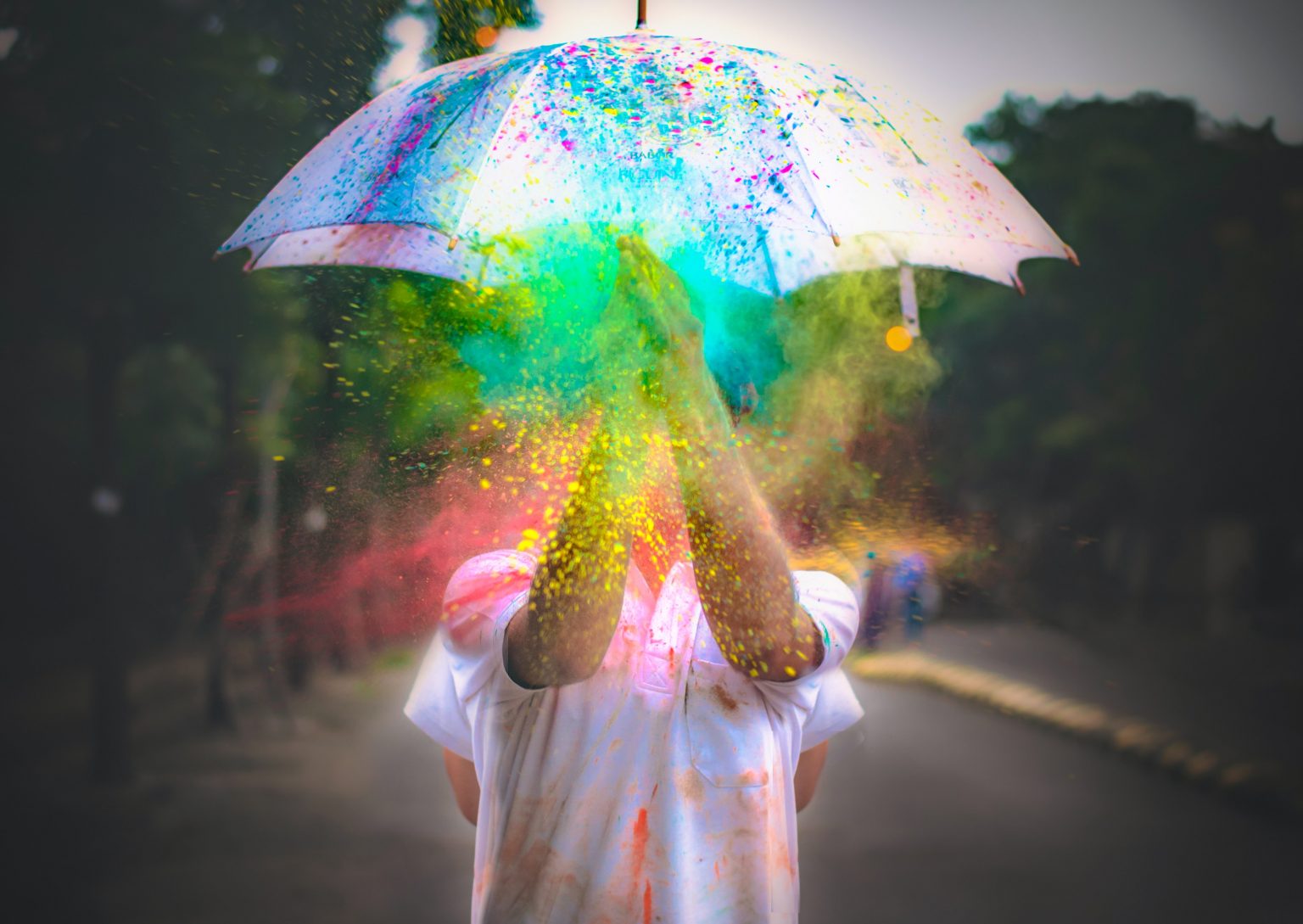
In the last few years ILGA-Europe worked on various fronts to better understand the anti-gender movement and its impact on public discourse and the lives and rights of LGBTI communities.
Conservative and religious actors are collaborating nationally and transnationally against so-called ‘gender ideology’. Often referred to as the ‘anti-gender movement’, it is a growing coalition of conservative and religious forces, spreading hateful discourses to wedge public opinion, often targeting LGBTI people and their human rights, sexual and reproductive rights, sexual education, and gender studies. In some countries the discourse has led to mobilisation against significant national reforms.
Discourse about so-called ‘gender ideology’ is present in a large and growing number of European countries and due to social media and digital tools, these concepts and communication strategies travel fast. Despite some remarkable successes, it has so far been challenging for the LGBTI movement to respond effectively and to develop our own narratives to counter attacks. Developing new narratives, framing and testing our messages are crucial skills to succeed.
Background
In the last few years ILGA-Europe worked on various fronts to better understand the anti-gender movement and its impact on public discourse and the lives and rights of LGBTI communities. We collected research, monitored country situations, talked with activists, allies and researchers to better understand the phenomenon and its implications. We have worked closely with member organisations in responding and resisting to attacks through our advocacy work but also contributing to build the movement’s capacity in this area.
In January 2019 ILGA-Europe hosted the workshop for LGBTI activists “Responding to the anti-gender movement: The rhetoric of the opposition, our movement’s capacities and ways to build our narratives”. The workshop aimed at sharing the information and experience gathered, and to discuss how to better tackle the anti-gender movement, not only through local and national strategies, but also through collaborative international efforts.
The results of this event were presented in June 2019 in the course of the webinar Lessons learned from the “Responding to anti-gender” workshop.
If you are an LGBTI activist and you wish to receive the recording of the webinar please contact Svetlana Zakharova, ILGA-Europe’s Senior Programmes Officer: svetlana@ilga-europe.org.
Research
In the course of the workshop activists identified frames that have been used so far and that they were planning to use again in the future tactics. Therefore the group decided to develop research to better understand the actual impact of these frames and the mental models around anti-gender discourse.
Objectives of the research
- Improve understanding of mental models around anti-gender discourse
- Test possible narratives, frames, messages to respond effectively
- Move from assumptions to systematic research.
- Analyse discourse outside capitals including in small cities
- Train members on the use of research and message testing
- Develop cooperation between LGBTI organisations and research agencies
- Provide members with a set of customised framing recommendations
Results of the research
The research project consisted in 3 focus groups in 4 countries and the main lessons learned were presented in the course of a webinar Testing narratives to respond to the anti-gender discourse: Results of the project that was held in December 2019.
If you are an LGBTI activist and you wish to receive the recording of the webinar please contact Svetlana Zakharova, ILGA-Europe’s Senior Programmes Officer: svetlana@ilga-europe.org.
Interactive webinar: Message framing for legal gender recognition based on self-determination
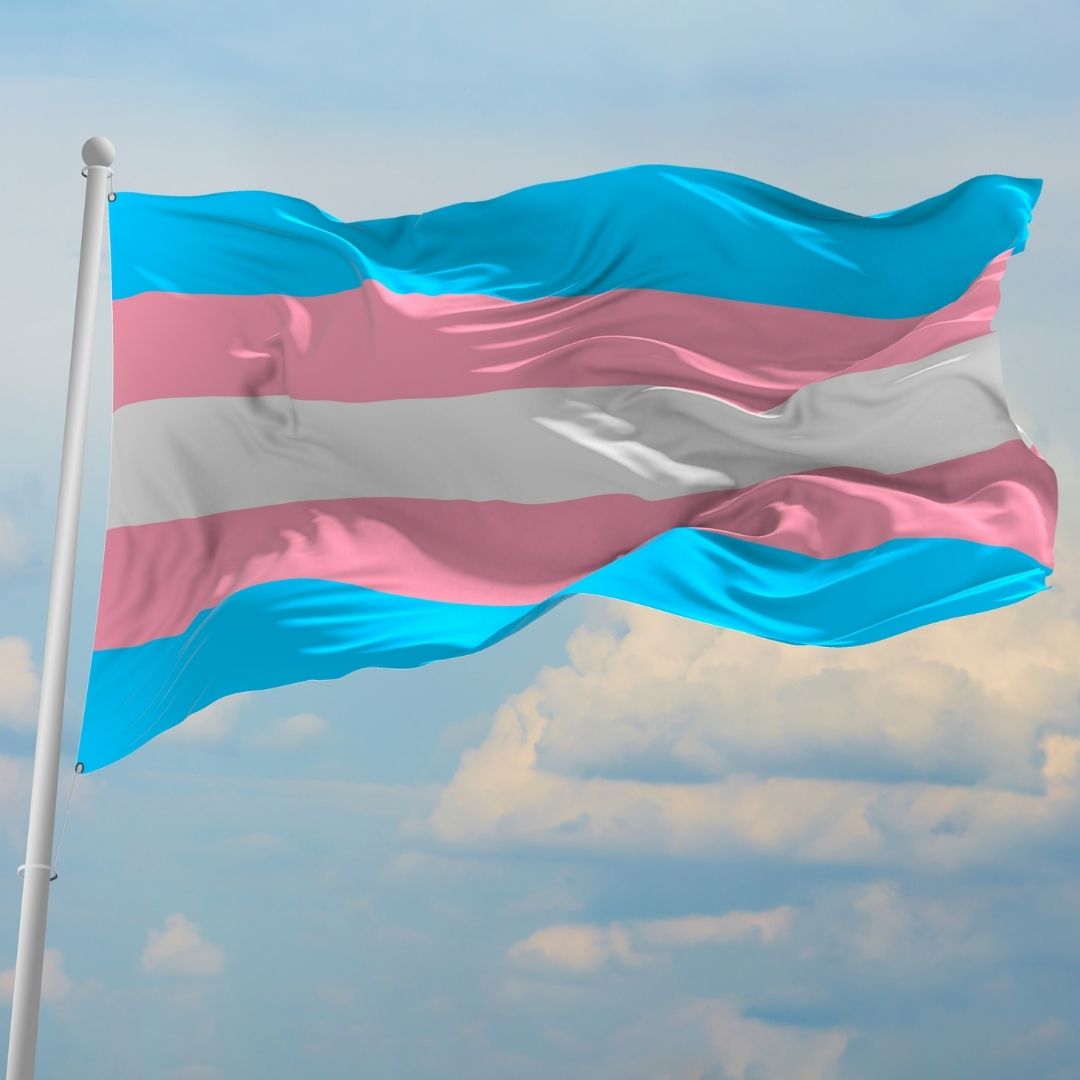
Are you campaigning for legal gender recognition in your country? Discover how to talk about self-determination with policy-makers, media, allies and community members.
ILGA-Europe will host an interactive webinar on message framing for LGBTI activists and allies working on legal gender recognition based on self-determination. We will look into the experience of activists around the globe and put into practice the framing techniques we explored in the previous webinars of the strategic communication series.
You will hear from Mauro Cabral Grinspan, Executive Director of GATE; Sarah Phillips, Chair of TENI; Richard Koehler, Senior Policy Officer at TGEU, and Viktor Heumann, Director of Trans*parent.
Registration closed
The webinar will take place on 11 September 2018 from 17 to 18.30 CEST (Central European Summer Time).
A missed opportunity to recognise self-determination in Germany

On 15 August, the Federal Government of germany adopted a draft bill on a third gender option. This bill is a missed opportunity to recognise the right to self-determination of trans, intersex and all gender-diverse people.
German legislators were requested by the Constitutional Court, following its decision of October 2017, to amend the law on gender registration. The Court provided two possible scenarios: either the Government introduces a “third” non-binary legal gender category or it abolishes the registration of gender altogether. The mandate for drafting the German personal status law amendment lies with the Ministry of Interior, currently led by Horst Seehofer, who is one of the leadings politicians of the conservative party Christian Social Union in Bavaria (CSU).
In June, an early draft of the law was sent to main organizations working on trans and inter issues in order to receive a statement about the draft by July. The two main worrying elements were that the introduction of a “third” gender category was limited to people who present a medical certificate confirming “Differences of Sexual Development“ and that this new gender category would be named “weiteres”, which translates into “other” in English. The draft released on 15 August has improved at least on one of those two points, as it now refers to “diverse” for the name of this new category instead of “other”. However, the third gender category is still only reserved for a specific group of intersex people who can provide a specific medical certificate on “Differences of Sexual Development“.
It means that we are still very far from the introduction of a non-binary legal gender category open for all non-binary persons on the basis of self-determination, which is what the German institute of Human Rights had proposed after consulting trans and intersex groups. We’re also very far from the spirit of the Constitutional Court decision, which explicitly declares that the German Constitution protects the fundamental rights of persons identifying neither female nor male.
The law must now be adopted by the Bundestag and the Bundesrat before entering into force. We call on the Members of the Parliament to amend this draft bill so that it fully respects the fundamental rights of people who would like to make use of this law. We also call on the Government to as soon as possible prohibit unnecessary medical treatments on intersex children and to propose a revision of the current law on legal gender recognition, to bring it in line with the current human rights standards.
World Health Organisation removes trans identities from mental disorder list

The World Health Organisation has announced the completion of the ICD-11 and deleted all trans-related categories from the ICD Chapter on Mental and Behavioural Disorders.
The World Health Organisation (WHO) announced yesterday (18 June 2018) the completion of the ICD-11 and deleted all trans-related categories from the ICD Chapter on Mental and Behavioural Disorders. This is the outcome of more than a decade of battle and we congratulate all activists who’ve been involved in bringing this important victory about!
New trans-related categories have been introduced, namely on Gender Incongruence of Adolescence and Adulthood and Gender Incongruence of Childhood, in the chapter on sexual health (chapter . By placing trans-related categories outside the chapter of mental and behavioural disorders, the WHO is at last depathologising trans identities!
The announcement yesterday is historic step, but not the final step yet: Now, we will all together need to make sure that these changes are implemented at national level to ensure depathologisation while guaranteeing trans people have access to accessible, affordable and human rights based trans specific healthcare based on informed consent without the need for any psychological diagnosis.
And things also remain to be changed within the ICD. We are concerned that the diagnosis of ‘gender incongruence in childhood’ has been retained in the final version while gender variance in childhood does not require any medical intervention. The only thing a child needs is a supportive environment at home and school where they can explore their identity.
In addition, despite a number of international human rights bodies condemning medically unnecessary medical treatments imposed on intersex children, the ICD-11 now includes the term ‘disorders of sex development’ and continues to pathologise variations of sex characteristics. It’s precisely pathologisation that serves as justification to violate intersex children’s bodily integrity.
This is therefore not the end of the battle and we will continue to urge policy makers to fully protect and respect the right to health of trans people.
- Read WHO’s ICD-11 announcement here. The new ICD version will be presented for final approval at World Health Assembly in May 2019.
First report from UN SOGI Expert Madrigal-Borloz published
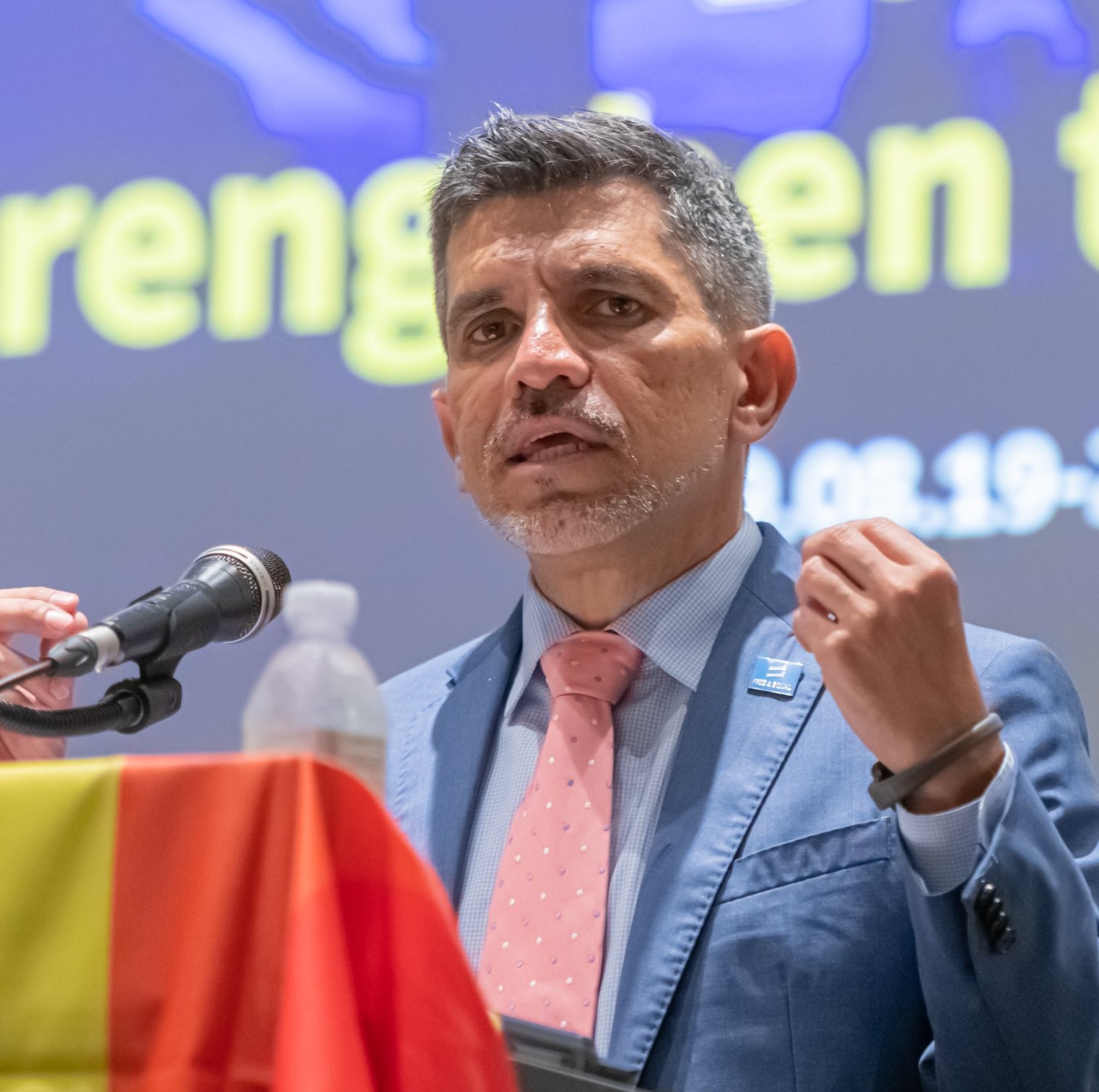
The UN Independent Expert on protection against violence and discrimination based on sexual orientation and gender identity, Victor Madrigal-Borloz, has published his first report.
The report highlights that LGBTI people are particularly vulnerable to violence, ill-treatment and discrimination, many facing it every day, at the hands of state authorities, individuals, criminal gangs, and even their own families.
Legislation criminalising same-sex acts as well as legislation limiting the freedom of expression around this topic “fuel stigma, legitimise prejudice and expose people to family and institutional violence and further human rights abuses, such as hate crimes, death threats and torture”.
Furthermore, the report highlights entrenched gender norms and societal expectations of how things should be (such as notions of what constitutes male and female, masculine and feminine, binary and non-binary, family and relationships) and the consequent will of some to punish, destroy or fix those who are seen not to fit these norms by virtue of their sexual orientation, gender identity, or gender expression.
In particular, ILGA-Europe welcome the intersectional approach this report takes, highlighting the multidimensionality of the experience of any given individual, and drawing particular attention to the experiences of trans and bisexual individuals. ILGA-Europe would, however, welcome more attention to the experiences of intersex people.
We look forward to working with Victor Madrigal-Borloz in the coming months and years to tackle the root causes of discrimination and violence against all members of the LGBTI communities.
- Read Victor Madrigal-Borloz’s full report in full here.